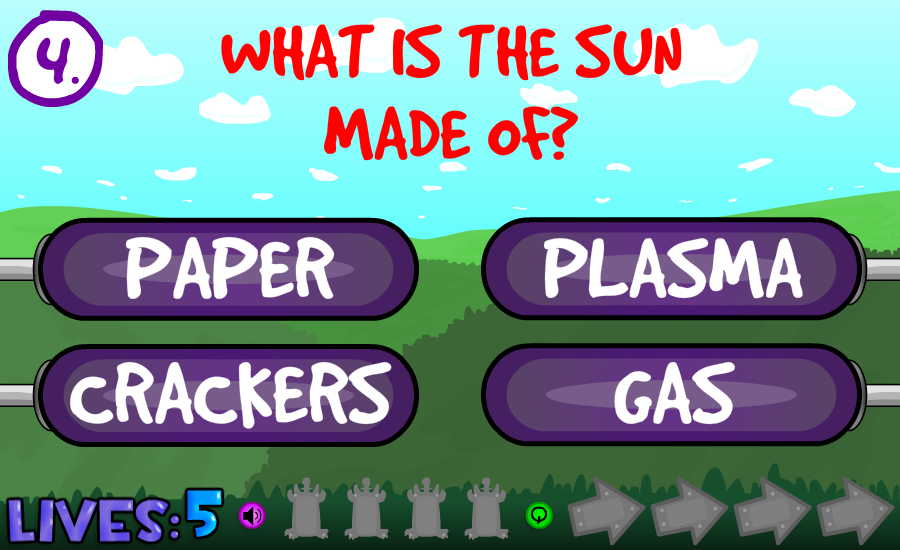
To George, this dream of having their own place means independence, security, being their own boss, and, most importantly, being "somebody." To Lennie, the dream is like the soft animals he pets: It means security, the responsibility of tending to the rabbits, and a sanctuary where he won't have to be afraid. In fact, the telling of the story, which George has done so often, becomes a ritual between the two men: George provides the narrative, and Lennie, who has difficulty remembering even simple instructions, picks up the refrain by finishing George's sentences. George and Lennie's dream - to own a little farm of their own - is so central to Of Mice and Men that it appears in some form in five of the six chapters.

Without dreams and goals, life is an endless stream of days that have little connection or meaning. Humans give meaning to their lives - and to their futures - by creating dreams. In essence, Of Mice and Men is as much a story about the nature of human dreams and aspirations and the forces that work against them as it is the story of two men.

In sharing his vision of what it means to be human, Steinbeck touches on several themes: the nature of dreams, the nature of loneliness, man's propensity for cruelty, powerlessness and economic injustices, and the uncertainty of the future. Yet deep inside all people is a longing for a place in nature - the desire for the land, roots, and a place to call "home." The struggle for such a place is universal, and its success is uncertain. Essentially, man is a very small part of a very large universe in the greater scheme of things, individuals come and go and leave very little, lasting mark. His friend Ed Ricketts shaped Steinbeck's thinking about man's place in the universe.

Much like Steinbeck's short novel The Pearl, Of Mice and Men is a parable that tries to explain what it means to be human.


 0 kommentar(er)
0 kommentar(er)
